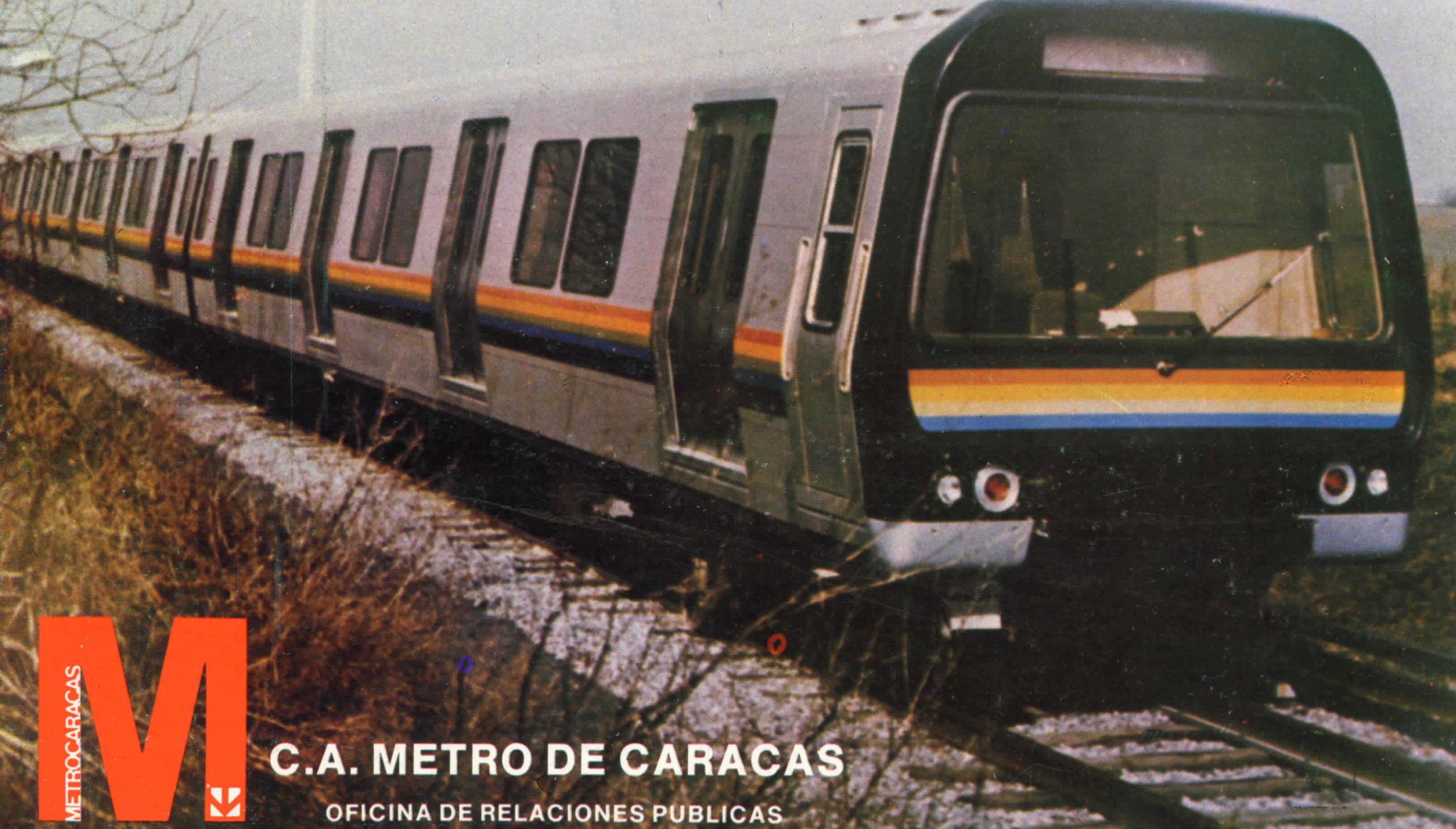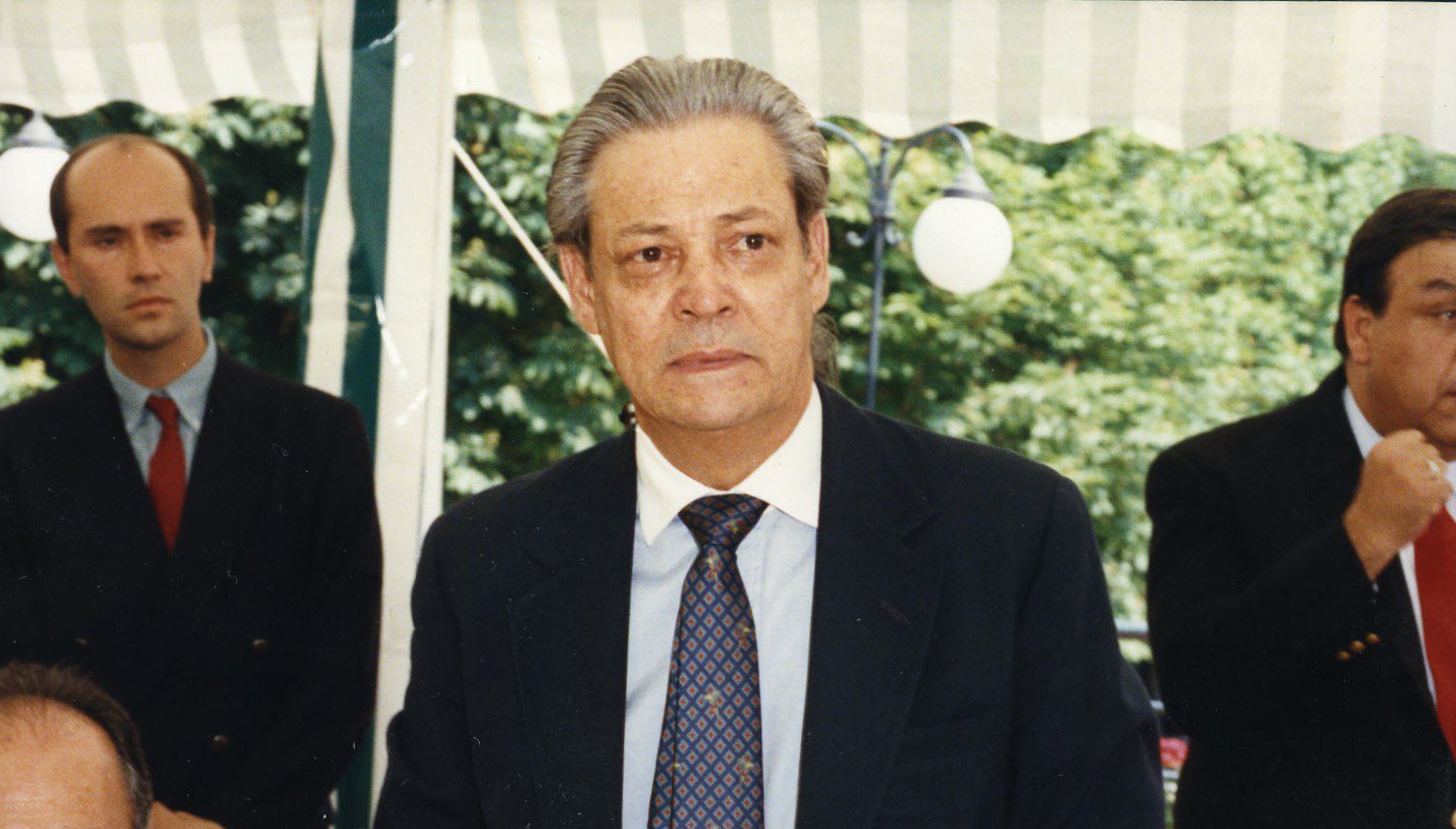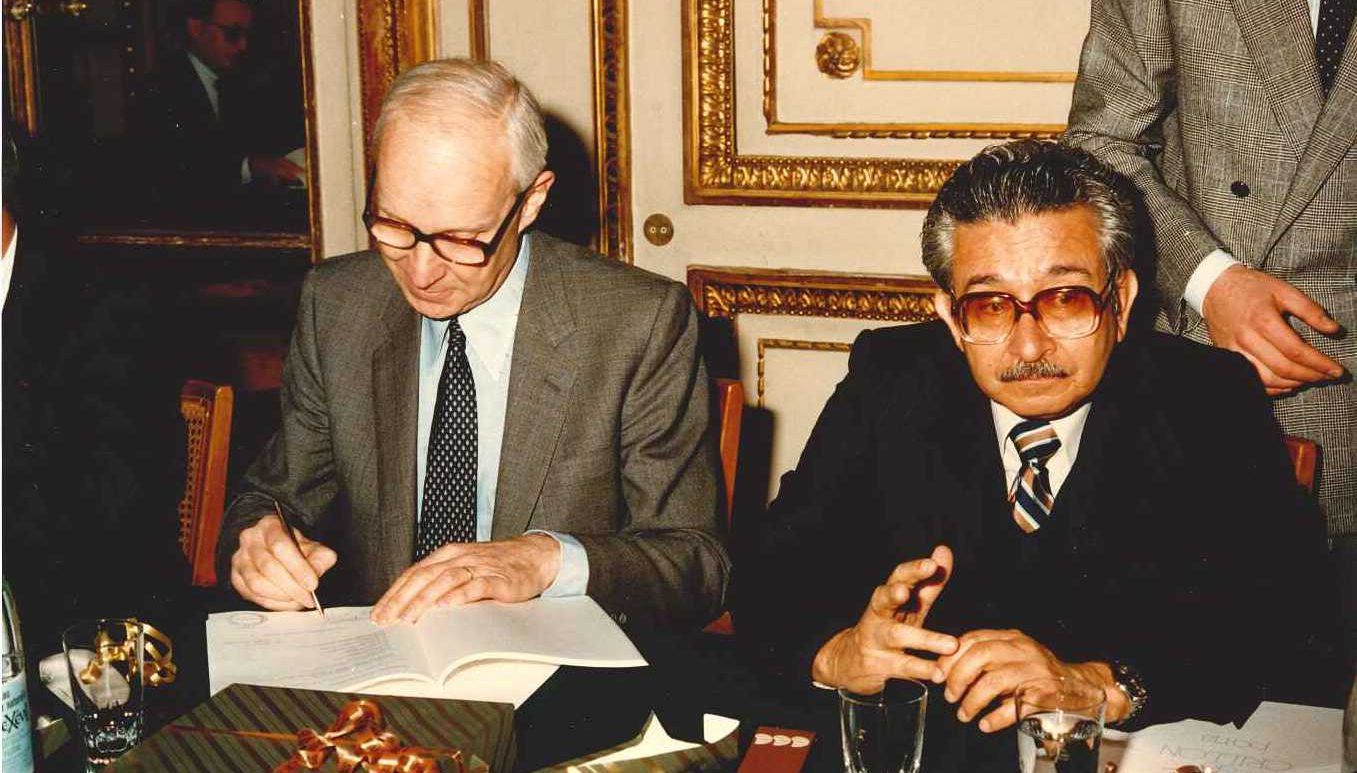The Caracas metro, inaugurated in 1983, is one of Paribas’ flagship export credit operations. In 1978, Paribas played a decisive role in the commercial battle between a consortium of 14 French industrial firms and foreign competitors for the contract to equip the Caracas metro.
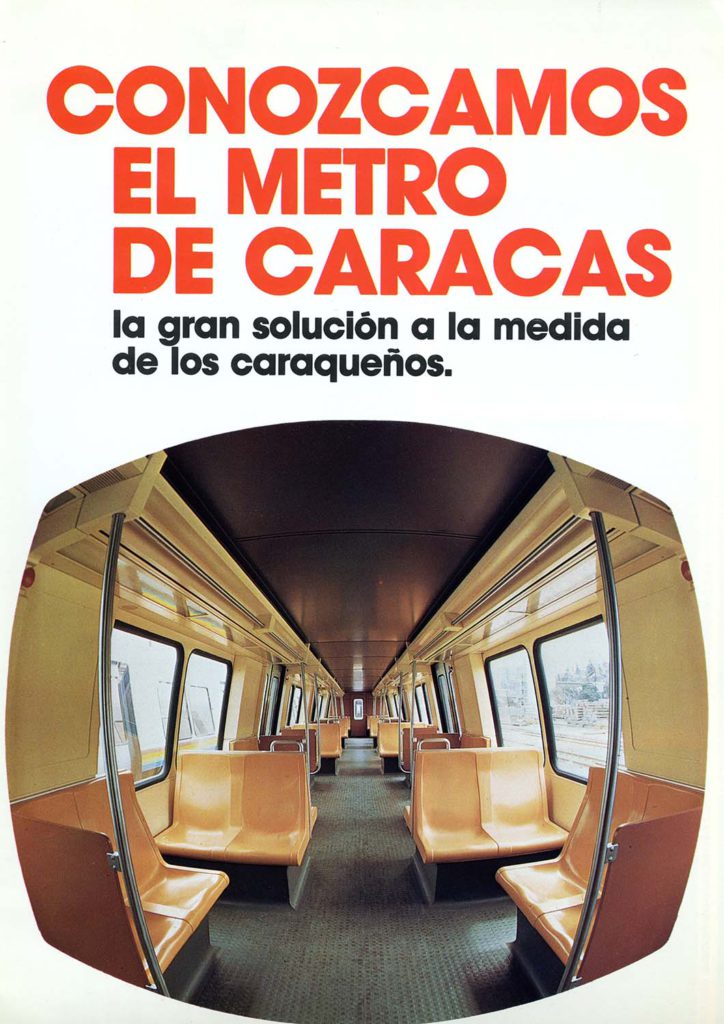
A long term project
Since the discovery of large oil reserves in Venezuela at the beginning of the 20th century, Caracas has become a leading economic center in Latin America. Trade with Europe became more and more regular. At the same time, the city experienced a strong demographic growth, expanding from nearly 1.3 million inhabitants in 1960 to more than 2 million in 1970. The development of a public transport network became a necessity.
Although the project to build a metro had already been mentioned before the Second World War, it was not until the early 1960s that the first concrete steps were taken, at a time when the shortage of dollars made financial exchanges complicated at an international level.
The involvement of Banque de Paris et des Pays-Bas…
In the aftermath of the Second World War, Banque de Paris et des Pays-Bas (Paribas), which had been considerably weakened, had to find new markets in order to become a major international investment bank. In the early 1950s, it became heavily involved in the financing of major industrial projects, in which the bank’s major French and European industrial clients were closely involved. Under the impetus of Jean Reyre, the bank developed a five-year export credit system to offset the shortage of foreign currency. The principle is simple: rather than lending dollars to the buyer of the equipment, the bank lends francs to the French manufacturer of the equipment. The latter reimburses the bank as the foreign buyer makes payments in dollars.
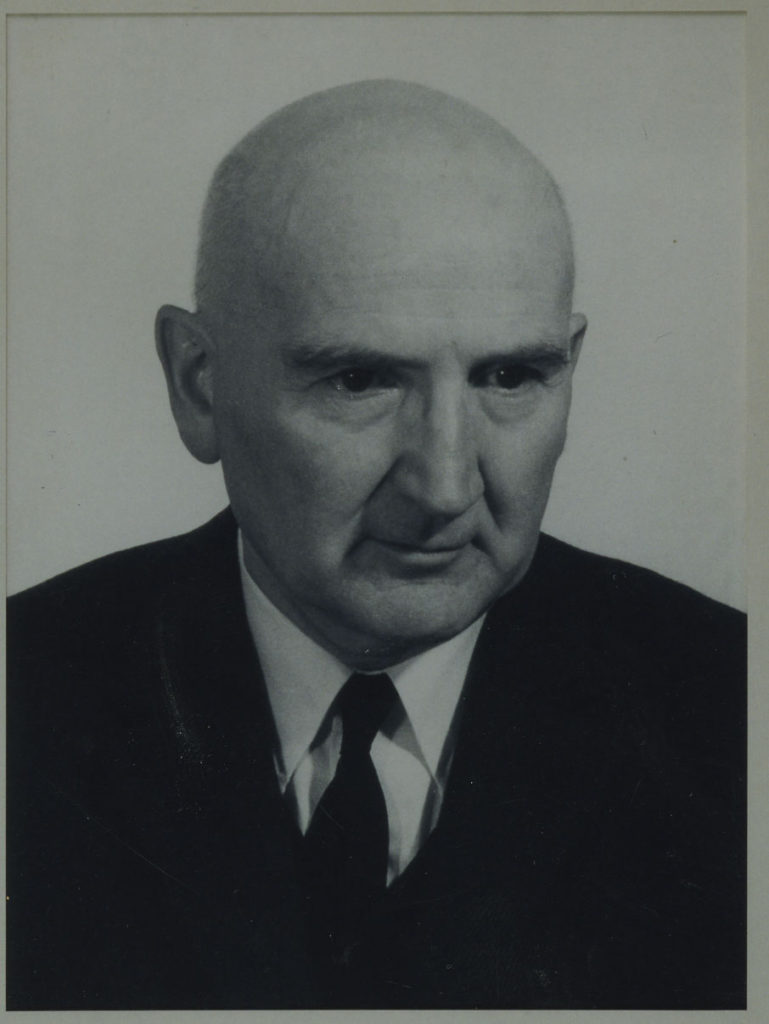
The objective is to provide expansion opportunities for French industry and engineering, in search of new markets abroad. Latin America is a perfect target: the contract won in the late 1950s to build a steel plant in Paz del Rio, Colombia, created new opportunities.

… out of strategic necessity and commercial support
Latin America was a high-risk area where it was difficult to gain a foothold. BNP and Paribas had both tried to establish operations in several countries in the region, but each time they were hampered by political or economic crises, or even blocked by local regulatory constraints. One of the ways in which it could gain a foothold in the region was by financing major infrastructure projects, and the Caracas metro project offers a good opportunity to do so.
The project requires a budget of $120 million, half of which is to be spent on equipment. The aim is to supply 240 cars, 4,500 tons of rails and signalling equipment to the company managing the future metro.

French companies, already involved in the construction of the Montreal metro, want to win this new contract. To help a consortium of 14 French industrialists led by Alsthom to win the contract to build the Caracas metro in 1978, Paribas took the lead among French banks.
A financial innovation : the currency swap
Negotiations were lengthy, and the monetary instability of the period complicated market operations. Competition, particularly from the Japanese, proved tough. It was not until 1978 that Paribas and French industrialists won the contract to build the Caracas metro after a tense commercial battle with the Japanese, and the implementation of an unprecedented method of financing: the currency swap.

In the home stretch, the Japanese were the favourites to win the contract from the French: the French bid, denominated in francs, was 3% lower than the Japanese. In January 1978, the Japanese reversed the situation by offering to be paid in dollars, Venezuela’s reference currency. They found themselves 15% cheaper than the French. Patrick Deveaud, the director in charge of Venezuela, proposed to take into account the fluctuation of the franc against the dollar. The loan remained in francs, but Paribas and the American bank Morgan agreed to discount the French currency by 2% per year against the dollar. Over 13 years, the duration of the loan, this represents a significant discount and a world innovation: by organizing the forward purchase of dollars to be delivered by the Caracas metro to cover the maturities of the French loan, this conversion offers to the Venezuelan buyer a 15% discount, and to France, win the contract.

A win-win partnership
Thanks to this agreement, the consortium of French companies has consolidated its position in Latin America and can put its expertise to good use in this major project. The first line of the Caracas metro, which is essentially underground, was opened in 1983. In 1987, a second line was created, followed by a third one in 1994. Since 1978, the Caracas Metro Company and Paribas have signed 22 financing agreements for a total amount of nearly F5,800 millions.


